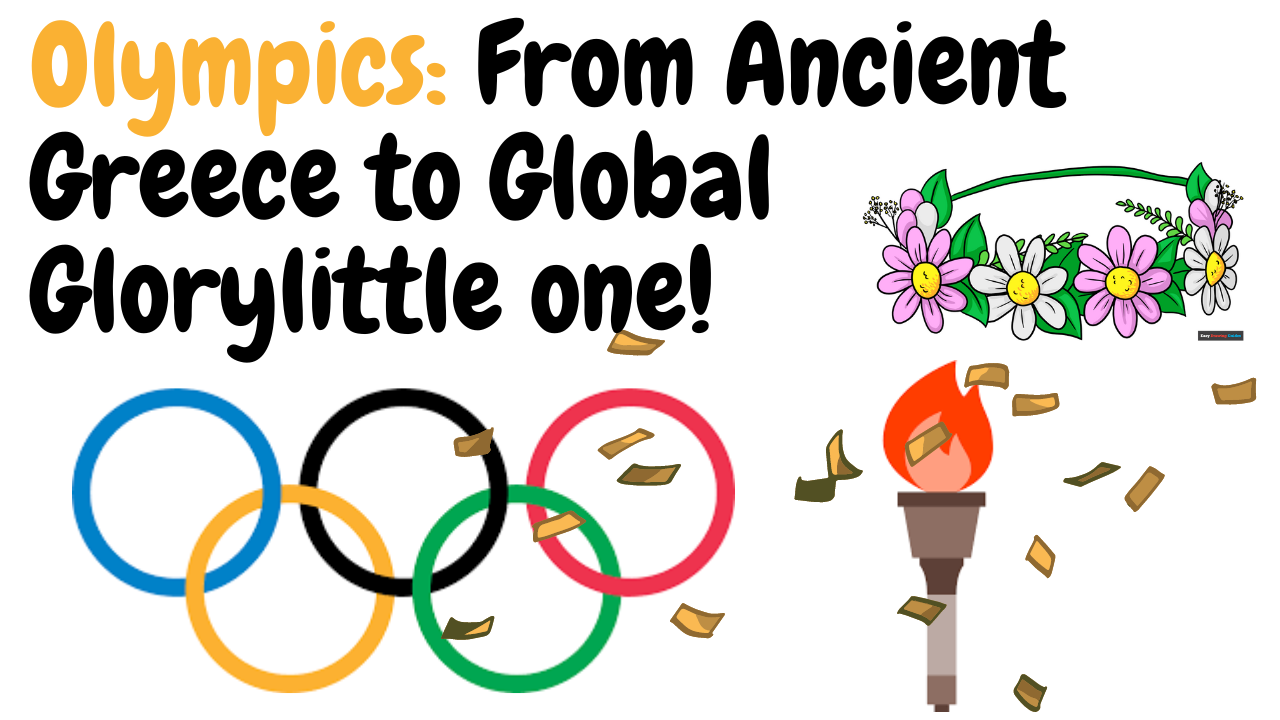Ancient Origins of Athletic Excellence
The Olympic Games, a global spectacle of athleticism and unity, trace their roots back to ancient Greece. Held in Olympia, in honor of Zeus, the king of the gods, these games were initially a religious festival. Over time, they evolved into a grand competition featuring various athletic disciplines, fostering a spirit of rivalry and camaraderie among Greek city-states.
However, the decline of ancient Greece led to the demise of the Olympic Games. It wasn’t until the late 19th century that the modern Olympic Games were revived through the efforts of Pierre de Coubertin, a French educator. The first modern Olympics took place in Athens in 1896, marking the beginning of a new era for the world’s greatest sporting event.
10 Fascinating Facts About the Olympics
- Naked Athletes: In ancient Greece, athletes competed in the nude. This practice, known as gymnêtes, was linked to ideals of beauty and purity.
- Olympic Truce: The ancient Olympics were preceded by a sacred truce, ensuring safe passage for athletes and spectators traveling to the games.
- Olive Wreath Glory: Instead of medals, winners of the ancient Olympics were awarded olive wreaths, symbolizing victory and honor.
- Women Were Excluded: Women were initially banned from participating in or even watching the Olympic Games. This restriction began to change in the 20th century.
- The Olympic Flame: The tradition of lighting the Olympic flame at Olympia and carrying it to the host city began in the 1928 Amsterdam Games.
- The Olympic Anthem: Written by Greek composer Spyridon Samaras, the Olympic Anthem was first performed at the 1896 Athens Games.
- Five Interlocking Rings: The Olympic flag features five interlocking rings, representing the five continents united by Olympism.
- The Biggest Sporting Event: The Olympics are the largest sporting event in the world, with thousands of athletes competing across numerous disciplines.
- Winter and Summer Games: The modern Olympic Games consist of both Winter and Summer editions, held every four years in alternating years.
- Olympic Mascots: The tradition of creating official mascots for the Olympic Games began in 1972 with the Munich Olympics.
The Olympic Games have evolved significantly since their ancient origins. From a small gathering of Greek athletes to a global spectacle uniting nations, the Olympics continue to inspire and captivate audiences worldwide.



